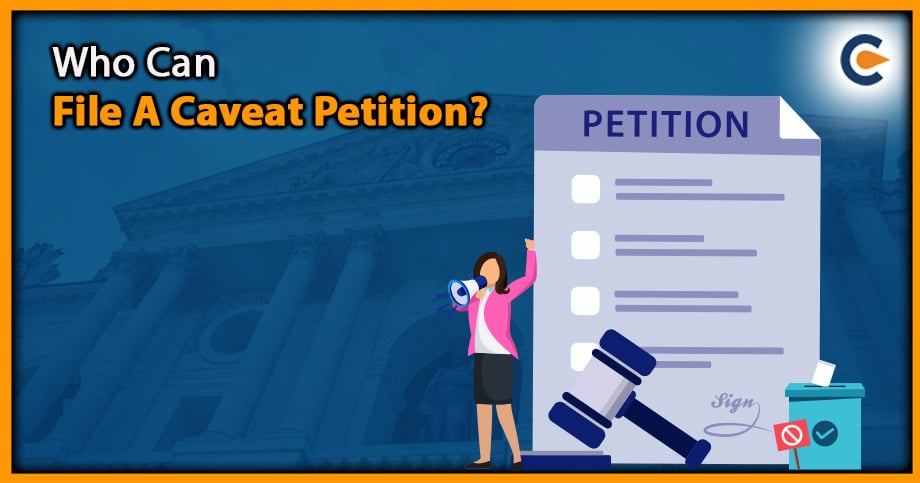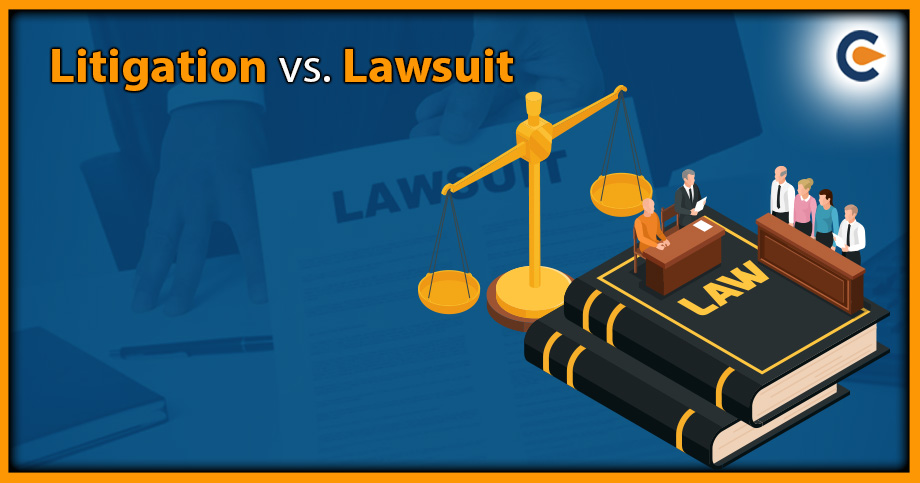A Caveat petition is a legal document that is filed by a person with a court or a judicial authority in order to ensure that they are given notice before any orders or decisions are made in a particular case. This legal mechanism is often used in civil matters, especially in cases where there is a likelihood of a third party approaching the court with an application that may affect the interests or rights of another party.
The concept of Caveat petitions is derived from the Latin word “caveat” which means “let him beware.” The petition serves as a warning to the court that the petitioner has an interest in the matter and wants to be heard before any decision is made. The purpose of a Caveat petition is to safeguard the interests of a party who may be affected by an order or decision of the court.
So, who can file a caveat petition? The answer is simple – anyone interested in the matter can file a caveat petition. The person filing the petition does not necessarily have to be a party to the case. A person in India has the right to file a caveat petition under Section 148A of the Code of Civil Procedure, 1908[1]. They can file a petition even if they are not directly involved in the matter, but have a potential or existing interest in it. In other words, a caveat petition can be filed by anyone who wishes to protect their rights or interests in a particular case.
In practice, caveat petitions are often filed in matters related to property disputes, succession, probate, matrimonial disputes, and other civil cases. For instance, in a property dispute, a person who claims a right to the property in question can file a caveat petition. This will ensure that they are given notice before any orders or decisions are made by the court. Similarly, in a matrimonial dispute, a caveat petition can be filed by a party who fears that the other party may try to obtain an ex-parte order without their knowledge. Here are some key points to keep in mind regarding Caveat petitions:
- A Caveat petition is a useful legal tool that can be used to protect one’s interests in a legal matter.
- Filing a Caveat petition is a proactive step that can help prevent adverse orders or decisions by the court.
- The filing of a Caveat petition is not a guarantee of success, but it does ensure that the petitioner is given notice and an opportunity to be heard before any decision is made.
- The procedure for filing a Caveat petition may vary depending on the specific court or judicial authority involved, and it is important to follow the proper procedure in order to ensure that the petition is considered valid and effective.
- It is recommended to seek the advice of a legal professional before filing a Caveat petition in order to determine whether it is the appropriate course of action and to ensure that it is filed correctly.
- Common situations where Caveat petitions are filed include property disputes, succession, probate, matrimonial disputes, and other civil cases.
It is important to note that a Caveat petition does not guarantee that the court will rule in favour of the petitioner. The court may still make a decision that is averse to the interests of the petitioner. However, the filing of a Caveat petition ensures that the petitioner is given notice and an opportunity to be heard before any decision is made. This helps to ensure that the interests of the petitioner are safeguarded.
Conclusion
In conclusion, a caveat petition is a powerful legal tool that can be used to protect the interests and rights of a party who may be affected by an order or decision of the court. This legal mechanism is particularly useful in civil matters where multiple parties may have competing interests. It is also useful where there is a risk of a third party approaching the court with an application that could affect the outcome of the case.
The filing of a caveat petition ensures that the petitioner is given notice and an opportunity to be heard. This is before any decision is made by the court. While it does not guarantee a favourable outcome for the petitioner, it helps safeguard their interests and ensures they have a fair chance to present their case. In practice, Caveat petitions have become increasingly common, particularly in cases involving property disputes, matrimonial issues, probate matters, and other civil cases. This legal mechanism has proven to be an effective way for parties to protect their interests and ensure they are not left out of the decision-making process. In today’s complex legal landscape, where the rights and interests of parties are often at stake, the use of Caveat petitions has become an essential part of the legal toolkit. It is an important safeguard that helps to ensure that justice is done and that the interests of all parties are fairly and equitably represented. Therefore, anyone who has an interest in a particular matter should consider filing a Caveat petition to protect their rights and interests.
Also Read:
Section 148A Of Code Of Civil Procedure – Right To Lodge A Caveat Petition











